
High-dose vitamin C, when combined with chemotherapy, has shown the potential to double the survival rate of patients with late-stage metastatic pancreatic cancer.

High-dose vitamin C, when combined with chemotherapy, has shown the potential to double the survival rate of patients with late-stage metastatic pancreatic cancer.

The therapy has similar benefits for both older and younger patients with multiple myeloma.

The tumor-agnostic FDA approval of T-DXd for HER2-positive unresectable or metastatic solid malignancies exemplifies the importance of understanding the risks associated with targeted therapy and the need for proactive monitoring strategies.

AI-powered drug response prediction technology is revolutionizing veterinary and human oncology by enabling personalized treatment plans through live cell testing, machine learning models, and data-driven precision medicine approaches.

When different skin tones are considered in imaging systems, women will receive more equitable screening and care.

Potential solutions can include international funding, improved primary health care measures, and cost-effective screening methods.

Trends across small cell lung cancer (SCLC) and diffuse large B-cell lymphoma (DLBCL) emphasize the need to further improve global treatment options.
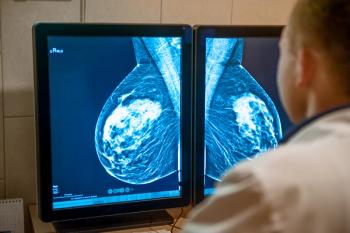
Because these cells are present throughout the body, there may also be implications for other cancer types.

Lisocabtagene maraleucel chimeric antigen receptor T-cell therapy significantly enhances treatment of relapsed/refractory B-cell malignancies, offering high response rates and durable remissions.

However, the monthly expenditure was not significantly associated with the financial incentives.
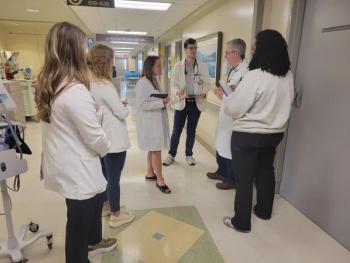
Pharmacists play a vital role in multidisciplinary health care teams by enhancing medication safety, optimizing therapeutic outcomes, expanding medication access, reducing costs, and improving patient education.

This is the first oral liquid form of imatinib (Imkeldi; Shorla Oncology) to be approved to treat cancers.
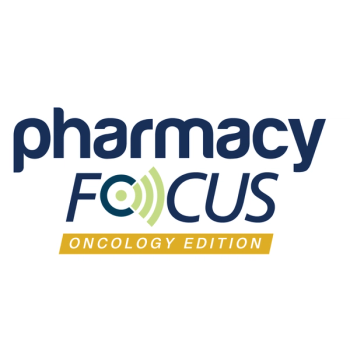
Expert discussed benefits of precision oncology treatments that utilize thousands of biomarkers to design personalized treatment plans.

Data show that a child’s insurance status is independently associated with mortality after hematopoietic cell transplantation.

The guidelines were expanded to include the growing use of genetic testing within cancer prevention, screening, and treatment.

Rusfertide may sustain hematocrit levels in patients with polycythemia vera.
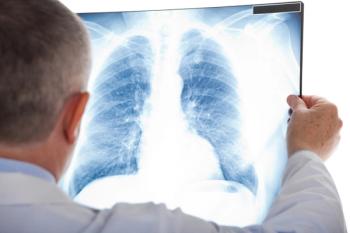
The risk of developing interstitial lung disease after immunotherapy was 6.5 times higher in individuals with high inflammation.

The supplemental new drug application (sNDA) is based on results from a phase 3 trial that enrolled patients with metastatic hormone-sensitive prostate cancer (mHSPC).

There were 2 main types of switches, including switching to rituximab subcutaneous and switching among different intravenous rituximab treatments.

ALE.P02 could provide further treatment options for advanced or metastatic anti–claudin-1+ squamous cancers.

The indication is for adults with previously treated unresectable or metastatic HER2+ (IHC+) biliary tract cancer (BTC) as detected by an FDA-approved test.

Data from the BROADEN and PROGRESS studies were presented at the International Papillomavirus Conference 2024 in Edinburgh, UK, from November 12 to 15.

Outpatient models are emerging as feasible alternatives to traditional inpatient care, offering potential benefits such as reduced hospitalization, improved social well-being, and cost savings.

Lazertinib in combination with amivantamab displays positive outcomes for non–small cell lung cancer compared with standard first line treatment.

Factors such as age, race, marital status, years since diagnosis, and out-of-pocket costs show significance as predictors of quality of life.

The indication is for adult and pediatric patients 1 year and older with a lysine methyltransferase 2A gene translocation.
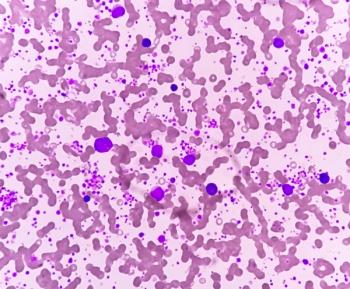
The tablets become the first and only nilotinib with no mealtime restrictions indicated for this population.
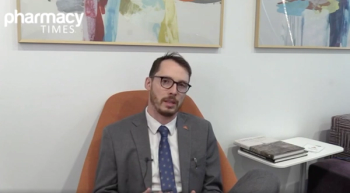
Blaine Groat, PharmD, discusses the evolution of US Pharmacopeia (USP)'s drug standards, highlighting new compounding guidelines, as well as USP’s commitment to pharmacogenomics and upcoming opportunities for experts to contribute to personalized medicine standards.

White button mushroom can rebuild anti-cancer immune defense while slowing cancer growth.
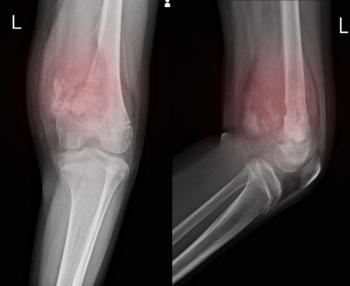
The designation follows 2 previous orphan drug designations for pancreatic cancer and soft tissue sarcoma.